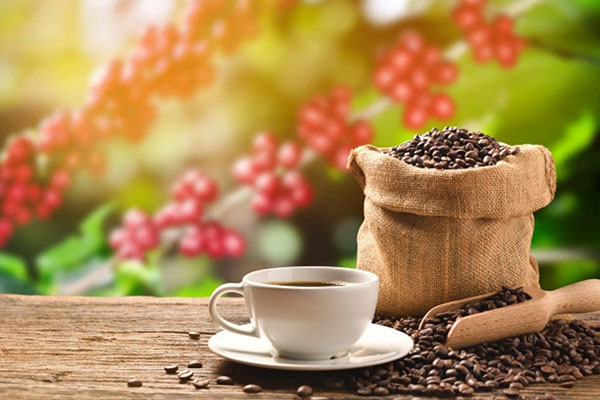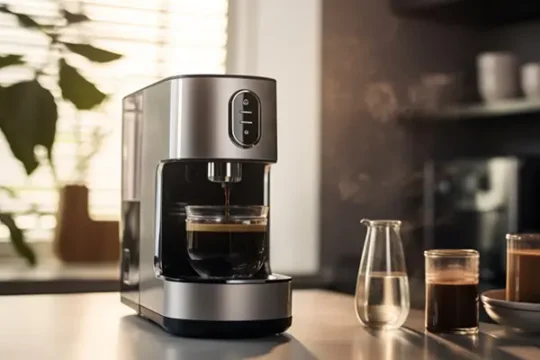TABLE OF CONTENTS
The aroma of a freshly brewed cup of coffee is hard to resist; after all, we all need that punch in the morning to truly rise and shine. Millions depend on the sudden boost of caffeinated energy from this elixir to kick start their day.
Coffee is more than just a hot beverage; it is a culture and lifestyle uniting people around the world. Despite its popularity, the majority of the population does not know much about their favourite cup of liquid gold.
That is why we are here to wake you up to a list of interesting coffee facts you probably did not know about your regular cuppa joe. In this list, you will come across quite a few fun facts about coffee.
1. The etymology of the Term “Coffee.”
The most ancient term for your beloved beverage was “qahwah” in Arabic, which referred to a kind of wine. Later, this was transformed into “kahve” by the Ottoman Turks. The English, however, derived the word “coffee” from the Dutch who called it “koffie,” taking inspiration from the Turks.
2. Second Biggest Commodity
Coffee is a vital part of cultures around the globe, and it comes as no surprise that it is the most traded commodity in the world, second to oil.
3. Producers of Coffee
Brazil is the world’s largest coffee supplier, with over 40% of the global production under its belt. In fact, in 1932, the Brazilians did not have enough funding to send their athletes to the Olympics in Los Angeles, so a ship was loaded with coffee beans which were sold along the way to meet the monetary requirement.
The state’s climatic conditions fit the requirements for coffee farming perfectly, and over 27,000 square kilometers of its land is reserved for coffee plantations.
4. Addicted To Being Alerted
The most recent statistics show that Finland is the largest consumer of coffee, with a national mean consumption of 12kg per capita. This means that an average Finn sips over 4 cups of coffee in a single day.
5. Grounds for Divorce
It is one of the most interesting coffee facts. Coffee shops could be found on every corner in 15th-century Constantinople. Coffee had become such an important part of Turkish culture that a law was passed that gave women the right to divorce their husbands if they did not provide them with enough coffee.
6. Espresso or Brewed Coffee?
Contrary to popular belief, brewed coffee actually contains a higher amount of caffeine than espresso. According to the USDA, the former consists of over 95 milligrams of the holy grail, while the latter has only 64 milligrams.
7. Worth It
Acorn, an investment app, conducted a study that found out that the average American spends around $1,100 on coffee annually, and 34% of the population even spent more on the hot beverage than on investments. Well, it’s certainly worth it!
8. Boosting Brain Power
Adding sugar to your coffee can actually turn you into a genius for a while! This is because the combination of glucose and caffeine instantly activates the sensory sectors of the brain. Moreover, consumption of this caffeinated beverage has also proven to improve attention span and concentration.
9. Long Live the Bean
Not only does coffee help us to live longer, but its plant can also live for an exceptionally long time, sprouting precious seeds (coffee beans) for up to two centuries!
10. Quick Sip for Fuller Coffee Flavour
If you want to enjoy the complex aromas and flavour of coffee to the fullest, you must consume the beverage within two minutes as it loses 70% of its intensity, and coffee experts say that if you let it sit longer than 15 minutes, it will go stale.
Moreover, coffee loses its taste quicker after being grounded. Thus, it is recommended that you purchase whole beans and grind them at home to get that perfect cup of joe.
11. Decaf Is Not No-Caf
The decaffeination process only removes up to 94 to 98 percent of the caffeine present in coffee, which means that each 450ml cup serving still contains about 10ml of caffeine.
12. Things Were Not Same Before 1800s
Before coffee became the chosen breakfast drink, beer was the go-to. It may seem like an odd choice, but the water was highly contaminated in the years before the 1800s, and tea, coffee, or hot cocoa were not that easily available.





